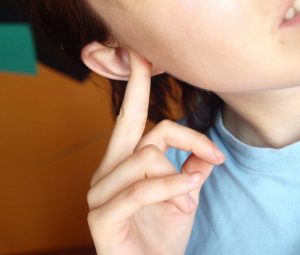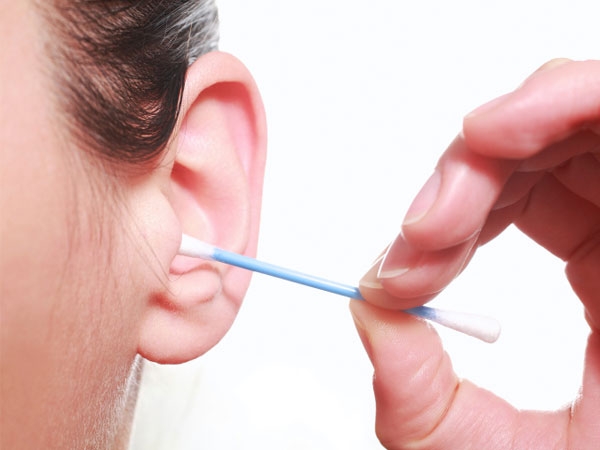Remedies To Remove Water From The Ears
It has happened to everyone at least once in their life to perceive the awful feeling that water has entered the ears, perhaps after a shower and a bath. In most cases, this is a situation that resolves itself within a few minutes. However, water may remain in the ear, causing infections that can also become very painful. Let’s see in this article how water enters the ears, what consequences it can have on hearing health, and how to remedy the problem.
Because water enters the ears
Whenever we wash or bathe in the sea, it is normal for a bit of water to enter our ears. In most cases, however, this then comes out on its own or reabsorbs itself without significant problems. Instead, it happens that the water stagnates in the ear canal and is unable to get out, getting stuck inside the eardrum. This condition causes an unpleasant sensation of plugged ears and fillings, lasting for several days and cause unpleasant hearing problems.
What it can mean to have water in your ears
Water can get stuck in the eardrum for several hours or even days, causing various problems with the hearing system. Here are the main issues that water causes to the ear :
- Water softens the skin of the ear canal and facilitates the entry of pathogens;
- Water causes a plugged ear, which reduces the hearing ability and can also cause earache ;
- The Water alters the temperature in the ear, causing colds;
- Water causes inflammation of the auditory system, up to real-ear infections
How to get rid of water in your ears
In most cases, it is sufficient to move the head downwards a little to let the water flow out of the ears spontaneously: bend the head from the side of the plugged ear and apply a little pressure with the hand. The water should come out without great difficulty. If this system does not work, it means that the water has entered deep and needs other remedies to come out. Let’s see what the best ways to get rid of water in the ears are.
Dry with a hairdryer to get water out of your ear
This is a very effective remedy for drying children’s tears, but it can also remove water from the ears. The important thing is to put the hairdryer to the minimum and direct the heat inside the ear: in a short time, the sensation of the muffled ear should disappear because the water inside it is dried quickly.
Blot with a towel
Among the various ways to clean the ears, this is undoubtedly among the most recommended, even in case of stagnation of water. The best solution is to make a tip by rolling the towel, then insert it gently into the ear without going too deep. This way, the cotton should remove excess water and free the ear from discomfort.
Make a compress with warm water.
Another effective system uses heat to open the Eustachian tube and facilitate the escape of water. You need to fill a basin with hot water, then dip a sterilized cotton cloth in it, then squeeze it lightly and place it on your ear, just like you do with compresses.

Contact a physician
If, despite all the remedies indicated, the water remains in the ear and begins to cause pain, headache, and itching, it is advisable to contact a doctor. Following a visit, he will be able to decide on the best treatment to remove the water in the ears and evaluate if it is in the case of taking a hearing test to consider any consequences on hearing abilities.
How to prevent water from entering your ears
To prevent water from entering your ear. The best solution is to wear hydro protective earplugs before bathing in the pool or the sea. These can be disinfected and used multiple times. And are especially recommended for those predisposed to water accumulation in the ears. For this category of person, it is also worth preventing the onset of infections and using special sprays or ear drops, always under the advice of a doctor.
Finally, it is vital to take great care in cleaning the ears, avoiding wrong methods (such as using cotton buds), but instead gently washing the part and drying the region, in case of water.
Also read: Difference between DBMS and RDBMS.






